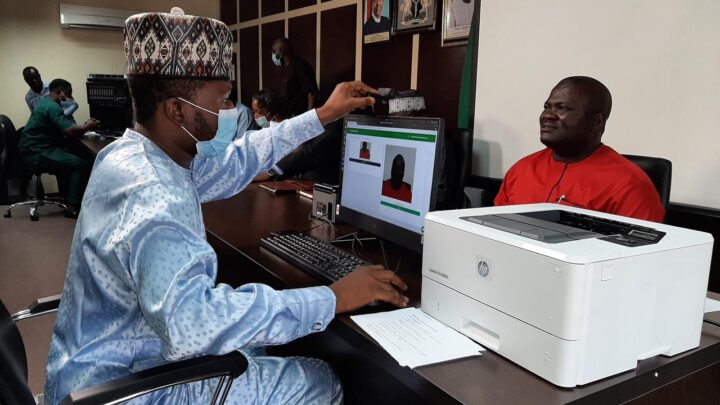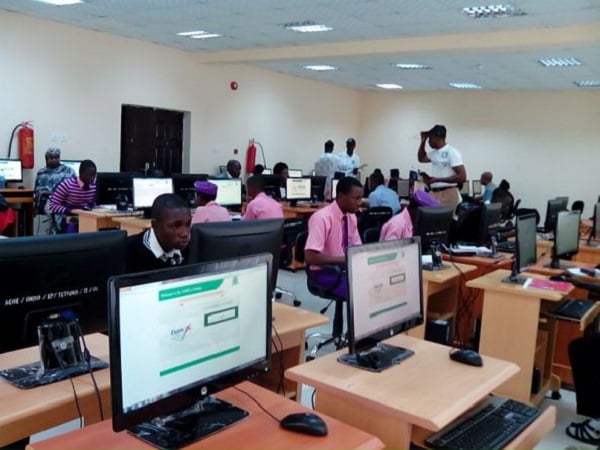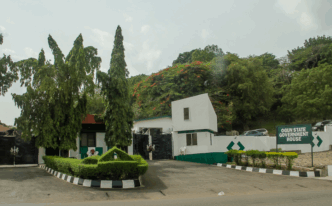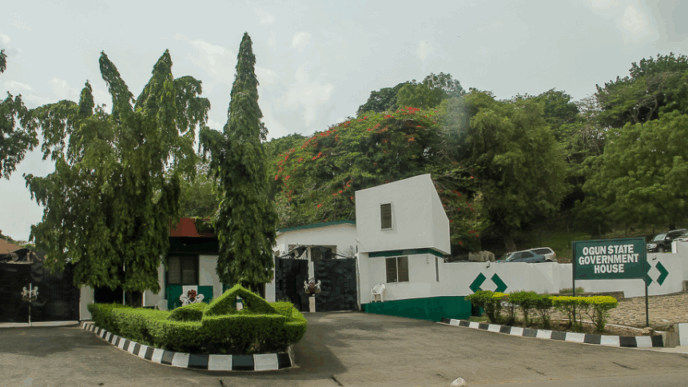BY SAFIYA BICHI
The Independent National Electoral Commission (INEC) commenced a nationwide continuous voter registration (CVR) exercise on the 18th of August 2025 with the online pre-registration. The in-person registrations will commence on August 28, 2025, ahead of the 2027 general election and subsequent off-season elections. The CVR is a critical pre-election activity, and this is the first nationwide CVR since the 2023 general election. It offers new voters the chance to register and participate in the electoral process, allowing registered voters to transfer their permanent voter cards (PVC) or to replace their lost or damaged PVCs.
The processes involve a qualified person to start pre-registration online or in person. The prospective registrant, if involved in the pre-online registration, chooses an appointment date to go physically to the closest registration centre designated to complete the registration. For in-person registrants, the process starts and ends at the designated centre without the pre-registration process. This procedure is followed by a clean-up of the voter registration data – comparing biometric data submitted during registration- to secure the voter registration database using the Automatic Biometric Identification System (ABIS).
However, Nigeria’s voter register has long been plagued by challenges of duplicate entries, weak integration with national databases, mismatched entries and missing fields in some cases. For instance, the 2019 Bayelsa and Kogi voter register had 8,810 records with matching names, identical dates of birth by state and LGA (duplicates), and the Edo 2023 voter register alone had 72 records of missing home addresses. These persistent flaws continue to undermine public confidence in elections. This is reflected clearly in the steady decline of voter turnout and low trust with each election cycle.
Advertisement
One among several ways to address these issues is through the Integration of technology. Yiaga Africa’s research report, ‘Understanding the Declining Voter Turnout in Nigeria’, revealed that the use of election technology can boost public trust in the electoral process. However, the type of technology deployed in Nigeria and its implementation have been inconsistent. The study also revealed that, to enable technology to fulfil its promise of safeguarding electoral integrity, voters must trust and understand the technology. It must simplify the various electoral activities, save time, reduce fraud and manipulation or human interference.
Blockchain is one technological system that offers Nigeria this opportunity. Nigeria can leverage Blockchain technologies to manage its voter registration and voter registry because it is secured and produces immutable databases, thereby reducing manipulation through overbloating or deduction from the population in any part of the country. Once an individual is registered, their records cannot be secretly altered or deleted, as an indelible digital footprint is left.
Citizens can trust a process when they can follow the process. Blockchain’s ability to share digital records makes the information in the register transparent and accessible to every electoral stakeholder, including voters. Let me break it down. Blockchain works like a screen that everyone in a given community can see, and cannot erase or change the records. Everyone will notice when you try to change or tamper with the record, thereby eliminating duplicates. This increases transparency and prevents hacking of the system.
Advertisement
The game changer will be the integration of the voter register with other national databases or registers like the National Identification Number (NIN) and the National Population Commission (NPC) database. Blockchain allows for the swift integration of these databases, which has been the clamour of electoral stakeholders for a very long time. It will, therefore, enable coordination with stakeholders for the removal of dead people from the voter register.
Now, one may ask, since blockchain is immutable, how can a dead person be removed from the register? The system allows stakeholders to update the status of the registered voters, to show that they are no longer active in the register. By this, the original record of the person remains, and the history of all the actions taken will be visible to everyone.
Imagine Nigeria having a system that automatically eliminates underage voters. Blockchains, through smart contracts — a digital referee — can be utilised to reinforce eligibility criteria such as 18 years and above and one record per citizen, thereby flagging violations in real time. This automatically eliminates duplicates and requires no clean-up post-registration, making it more efficient in terms of cost savings and reduction of logistics bottlenecks. Furthermore, this will enable or facilitate the establishment of a system that prompts eligible voters who have reached the voting age to register and vote.
Blockchain can actually be the foundation for Nigeria to achieve e-voting. Because with a better voter registry, enabled by blockchain technologies, Nigeria can achieve electronic voting, electronic transmission of results and diaspora voting. Countries like India, with over 900 million registered voters, leveraged blockchain-based solutions for remote voting, particularly for migrant workers. Estonia, since 2005, has integrated blockchain into its national data infrastructure, which underpins its electoral system. Sierra Leone piloted blockchain in its 2018 presidential election to verify results transparently.
Advertisement
The truth is, without a reliable and transparent voter registry, even the best innovations in voting and result management will be standing on quicksand. For Nigeria, adopting blockchain in voter registration is not only about jumping on the technology bandwagon. It is concerned with restoring trust in democracy. By ensuring transparency, preventing fraud, and harmonising data, blockchain can turn voter registration from a weak link into a strong foundation for credible elections.
Herein lies our opportunity to fix the infrastructure ahead of the ongoing electoral reform proposals, particularly on electronic voting, electronic result transmission and diasporal voting. This reform would not only strengthen Nigeria’s electoral system but would also position the country as a continental leader in democratic innovation, offering a model that other African nations can adapt.
Safiya Bichi is an ardent researcher and data specialist committed to advancing democratic governance and civic participation in Nigeria. She combines analytical expertise with advocacy for inclusion, transparency, and evidence-based policymaking. She is the Head of Knowledge Management and Learning Department at Yiaga Africa.
Advertisement
Views expressed by contributors are strictly personal and not of TheCable.









